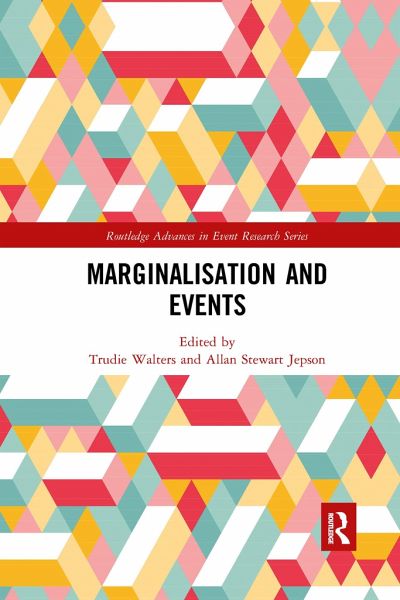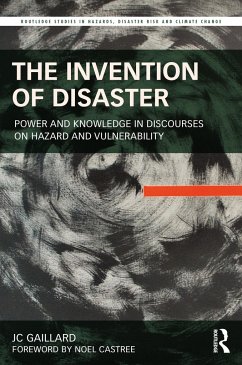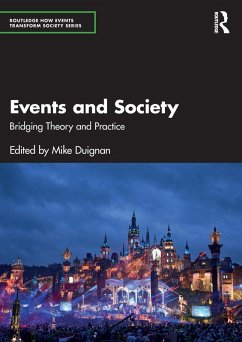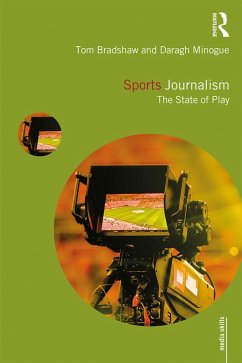
Marginalisation and Events

PAYBACK Punkte
23 °P sammeln!
This book is the first to take an in-depth examination of marginalisation and events. Marginalisation has been the subject of academic research for some time now. For example, marginalisation and exclusion have been identified as problematic in fields as diverse as geography, public health, education and media studies. However, little research has been carried out within the field of event studies.Using of a range of different theoretical and methodological approaches from a variety of disciplines, the volume applies a critical approach to events as they relate to marginalisation that seeks to...
This book is the first to take an in-depth examination of marginalisation and events. Marginalisation has been the subject of academic research for some time now. For example, marginalisation and exclusion have been identified as problematic in fields as diverse as geography, public health, education and media studies. However, little research has been carried out within the field of event studies.
Using of a range of different theoretical and methodological approaches from a variety of disciplines, the volume applies a critical approach to events as they relate to marginalisation that seeks to address the 'how' and 'why', and to provide a holistic picture of their place and influence in the lives of marginalised individuals and communities.
International through authorship and examples, it encompasses case studies from around the world, including South Africa, the United Kingdom, Italy, Afghanistan, the United States, Brazil, Portugal, Australia and New Zealand. This is essential reading for students and researchers in the fields of critical event studies, anthropology, cultural studies, tourism, sociology and management.
Using of a range of different theoretical and methodological approaches from a variety of disciplines, the volume applies a critical approach to events as they relate to marginalisation that seeks to address the 'how' and 'why', and to provide a holistic picture of their place and influence in the lives of marginalised individuals and communities.
International through authorship and examples, it encompasses case studies from around the world, including South Africa, the United Kingdom, Italy, Afghanistan, the United States, Brazil, Portugal, Australia and New Zealand. This is essential reading for students and researchers in the fields of critical event studies, anthropology, cultural studies, tourism, sociology and management.














